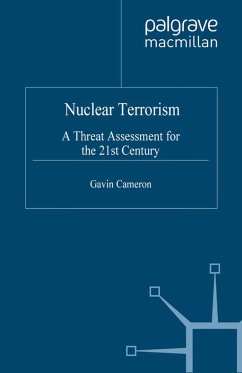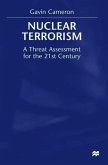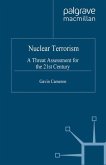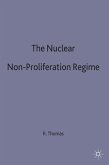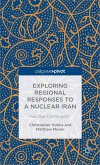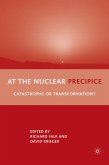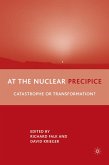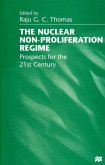Will the twenty-first century see terrorist fingers on the nuclear trigger? How likely is it terrorists will obtain weapons of mass destruction? What factors would determine their decision to use them? Gavin Cameron assesses the causes for, and implications of, the escalating lethality of terrorism. The growing opportunities for nuclear proliferation, primarily arising from the collapse of the Soviet Union are explained. The book concludes that the organisational and psychological pressures within terrorist groups and the changing nature of political violence combined with the heightened danger of nuclear micro-proliferation have made mass-destructive terrorism the greatest non-traditional threat to international security in the world today.
Hinweis: Dieser Artikel kann nur an eine deutsche Lieferadresse ausgeliefert werden.
Hinweis: Dieser Artikel kann nur an eine deutsche Lieferadresse ausgeliefert werden.
'...full of interest and there are plenty of examples to illustrate every point...it is convincing, accessible and unpretentious and will prove to be an invaluable reference work for those engaged in the future of terrorism and terrorists.' - Rear Admiral Richard Cobbold, RUSI Journal
'The great merit of nuclear Nuclear Terrorism: A Threat Assesment for the Twenty-First Century, Gavin Cameron's survey of the problem, is that he looks at why terrorist attacks might be mounted...Gavin Cameron has performed a valuable service in helping to keep analysis of the problem on the right side of the line between prudence and paranoia.' - Lawrence Freedman, Times Literary Supplement
'The great merit of nuclear Nuclear Terrorism: A Threat Assesment for the Twenty-First Century, Gavin Cameron's survey of the problem, is that he looks at why terrorist attacks might be mounted...Gavin Cameron has performed a valuable service in helping to keep analysis of the problem on the right side of the line between prudence and paranoia.' - Lawrence Freedman, Times Literary Supplement

